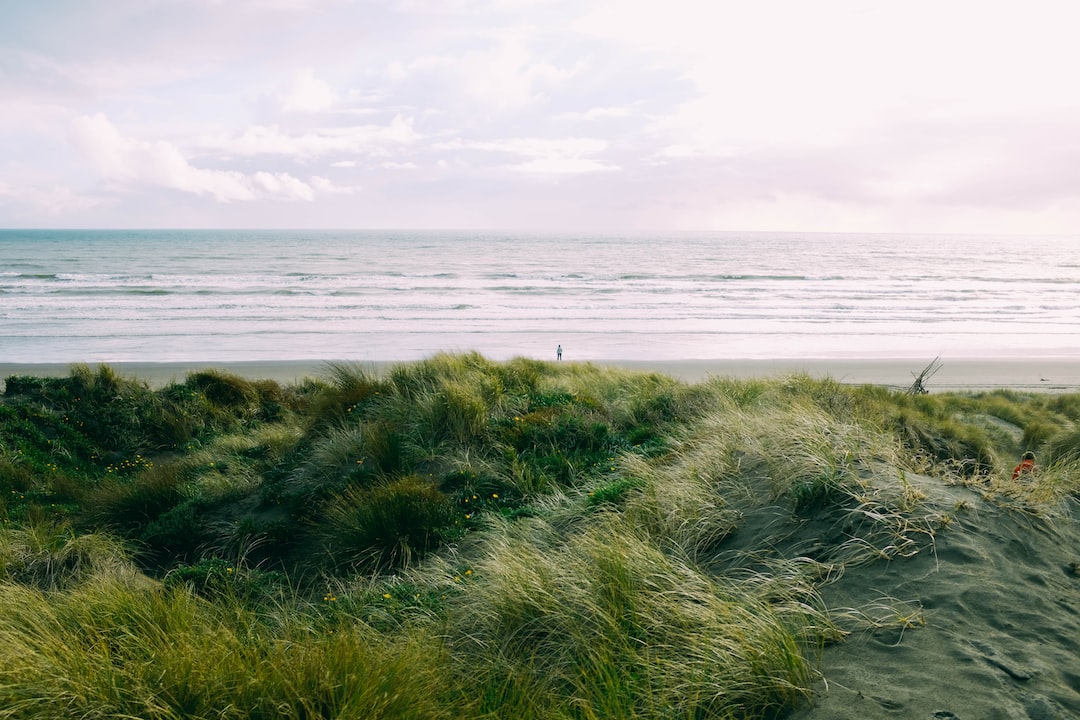Camping is one of the most rewarding and thrilling ways to spend time outdoors. Whether you’re hiking along a remote trail, cooking over a campfire, or sleeping under the stars, camping offers a sense of adventure and connection to nature that few other activities can provide.
Unfortunately, one of the biggest downsides of camping is the presence of mosquitoes. Those pesky insects can spoil even the most idyllic campsite, leaving you covered in itchy bites and constantly swatting and spraying yourself in an effort to keep them at bay.
But fear not! There are many effective ways to protect yourself from mosquitoes on a camping trip. In this blog post, we’ll explore some of the best strategies for keeping those bloodsucking bugs away so you can enjoy your time in the great outdoors.
1. Use insect repellent
The most obvious and effective way to protect yourself from mosquitoes is by using insect repellent. There are many different types of repellent on the market, including sprays, lotions, and wipes. Look for products with at least 25% DEET or picaridin – both of these chemicals are highly effective at repelling mosquitoes.
When applying insect repellent, be sure to cover all exposed skin, paying special attention to your ankles, wrists, and neck. Keep in mind that insect repellent can be harmful if ingested, so be sure to wash your hands thoroughly after applying it.
2. Wear protective clothing
Another effective way to keep mosquitoes at bay is by wearing clothing that covers as much skin as possible. This includes long-sleeved shirts, long pants, and socks. Mosquitoes are less likely to bite if they can’t access your skin, so the more coverage, the better.
In addition to covering your skin, you can also wear clothing that has been treated with insect repellent. Look for permethrin-treated clothing, which is designed to repel mosquitoes and other biting insects.
3. Choose your campsite wisely
Where you set up camp can have a big impact on the number of mosquitoes you encounter. Mosquitoes are most likely to be found near standing water, so try to avoid camping near ponds, streams, or marshy areas.
If possible, choose a site that is situated on high ground and has good air circulation – mosquitoes are less likely to be present in breezy areas. You can also set up your tent in an area that receives plenty of sunlight during the day, as mosquitoes tend to be more active in shady areas.
4. Use mosquito netting
Mosquito netting is an excellent way to keep the bugs at bay while you sleep. You can purchase mosquito netting specifically designed for camping, which is lightweight, breathable, and easy to set up.
If you’re camping in an area with a high density of mosquitoes, you may also want to consider investing in a mosquito head net. This is a fine mesh net that fits over your head and neck, providing protection from mosquito bites while allowing you to breathe freely.
5. Keep your campsite clean and tidy
Mosquitoes are attracted to standing water, so it’s important to keep your campsite clean and free of debris that could hold water. This includes things like empty bottles, cans, and other containers, which can collect rainwater and become breeding grounds for mosquitoes.
Make sure to dispose of any garbage properly, and avoid leaving food or drinks sitting out for extended periods of time, as this can also attract mosquitoes.
6. Use a mosquito trap
If you’re camping in an area with a particularly high density of mosquitoes, you may want to invest in a mosquito trap. These devices emit carbon dioxide, which attracts mosquitoes, and then trap them inside. They come in a variety of styles, including electric traps, propane-powered traps, and UV light traps.
While a mosquito trap won’t eliminate all mosquitoes from your campsite, it can significantly reduce their numbers and make your camping experience more enjoyable.
7. Don’t forget about natural remedies
Finally, there are many natural remedies that can help repel mosquitoes. Some of the most effective options include:
– Citronella candles and torches: These emit a scent that mosquitoes find unpleasant.
– Essential oils: Lavender, eucalyptus, and peppermint oils are all natural insect repellents. You can mix a few drops of essential oil with a carrier oil (such as coconut oil) and apply it to your skin.
– Garlic: Eating garlic can actually repel mosquitoes, as it gives off a scent that they find unpleasant.
– Smoke: Mosquitoes are also repelled by smoke, so consider building a small campfire as an additional deterrent.
In conclusion, mosquitoes can be a real nuisance when camping, but with a little bit of preparation and the right strategies, you can keep them at bay and enjoy your time in the great outdoors. By using insect repellent, wearing protective clothing, choosing your campsite wisely, using mosquito netting, keeping your campsite clean, using a mosquito trap, and trying natural remedies, you can minimize the number of mosquito bites you experience and have a camping trip to remember.

